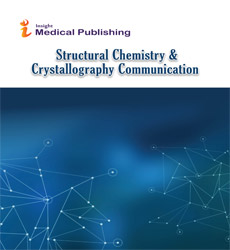Ethic gobernance, Smart Universities and Artificial Intelligence systems: Work in UNESCO�??s Futures of Education initiative
Édgar Giovanni Rodríguez Cuberos
Abstract
As we know, in the midst of the crisis generated by the pandemic, universities worldwide had to readjust many of their pedagogical and administrative processes. However, before the appearance of COVID 19, there were many demands for transformation, especially from the fulfillment of the SDG sustainable development goals agenda to 2030. Despite efforts to meet these goals, the pandemic reduced opportunities and I make visible the different structural needs that to date have not been met. In this order of ideas, the explosion and acceleration of last generation technologies had a leveraged development in the pandemic, the confinement forced the use of new forms of social interaction in all fields and there the technologies were definitive. Facing the future, new challenges are now being posed and although most of them involve a progression of the current economic model, there are visions and perspectives that call attention to the need to make viable other forms of life and concrete practices at a global level that are more sustainable and ecological. . It is expected that with smart cities and smart universities new ways of generating and distributing knowledge will be generated, but all this depends on a different governance strategy, based on ethics and the vision of a 21st century citizenry. This vision of collaborative citizenship (UNESCO´s Futures of Education Initiative) depends on the possibility of implementing artificial intelligence to generate prospective scenarios with multiple variables that contribute to new work and training spaces, artificial intelligence systems from a humanistic perspective or what has been called the approach of the digital humanities, can help bring about the political changes we urgently need
Open Access Journals
- Aquaculture & Veterinary Science
- Chemistry & Chemical Sciences
- Clinical Sciences
- Engineering
- General Science
- Genetics & Molecular Biology
- Health Care & Nursing
- Immunology & Microbiology
- Materials Science
- Mathematics & Physics
- Medical Sciences
- Neurology & Psychiatry
- Oncology & Cancer Science
- Pharmaceutical Sciences
